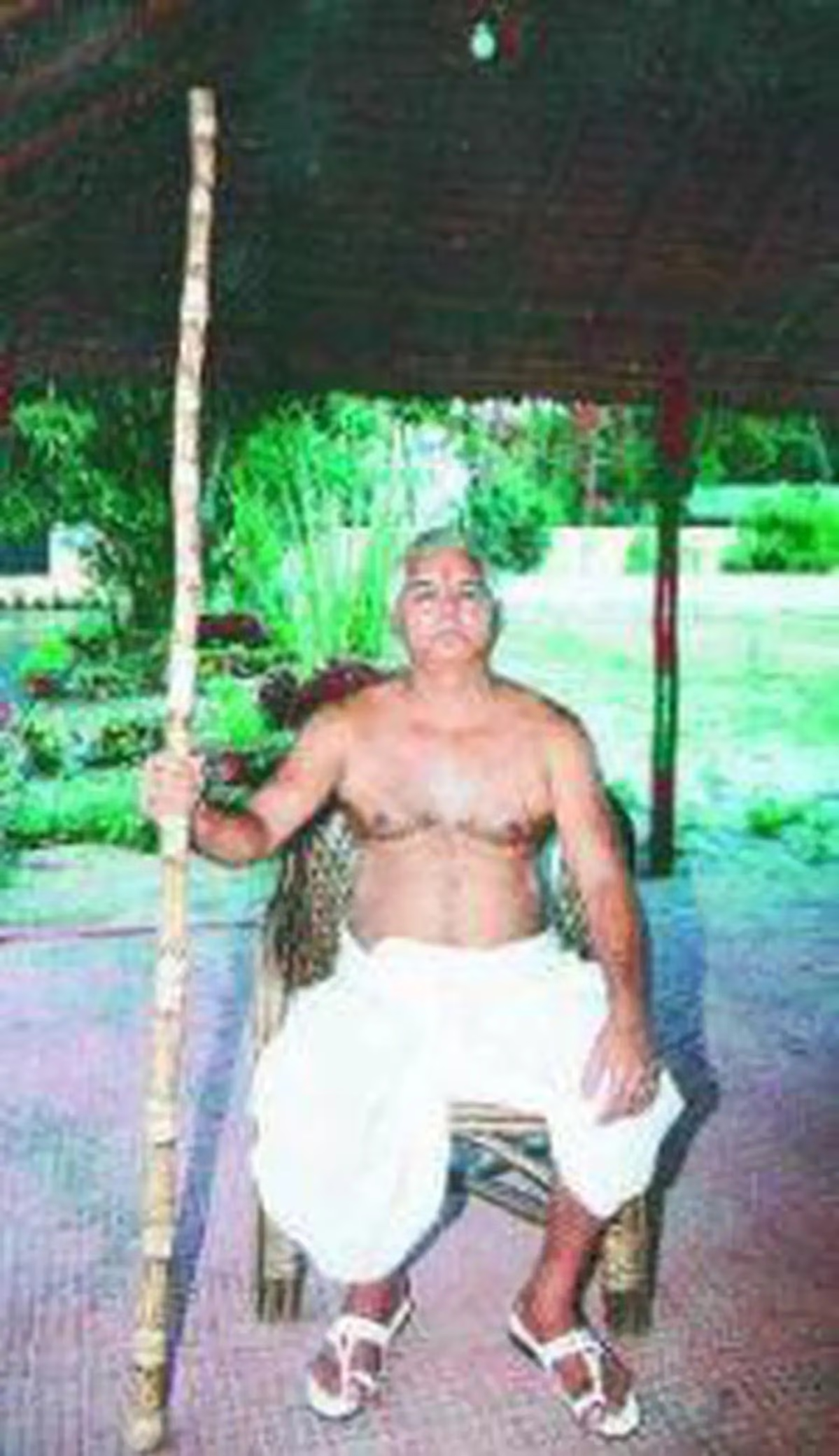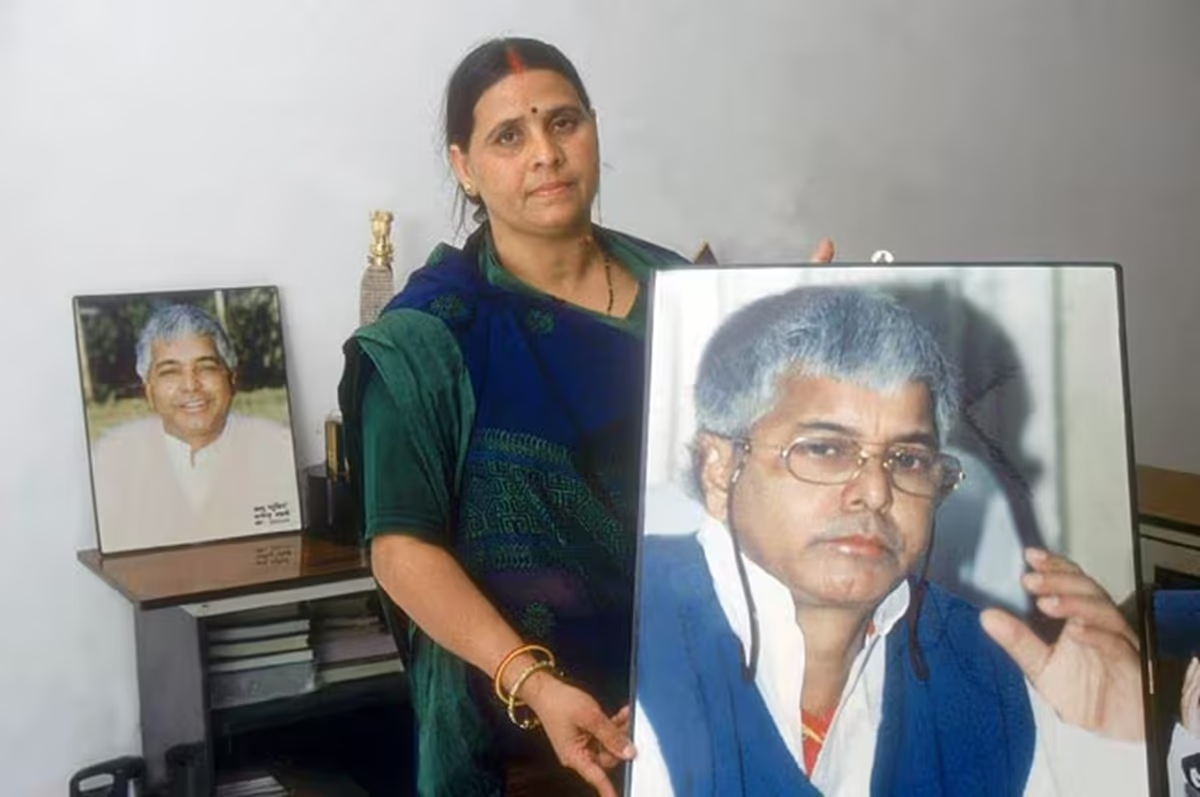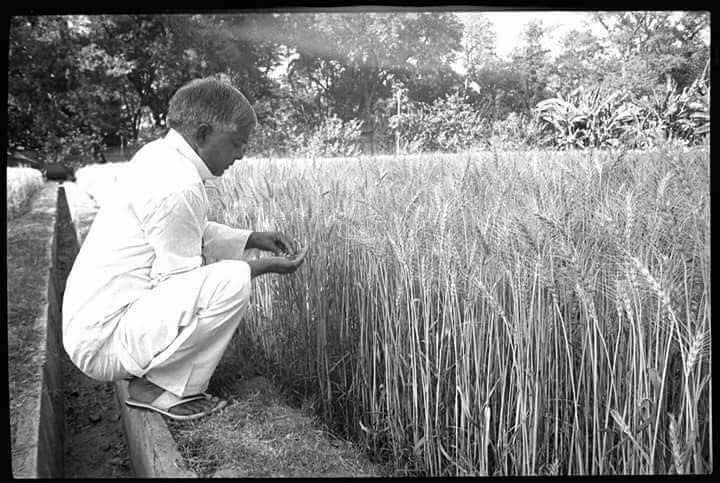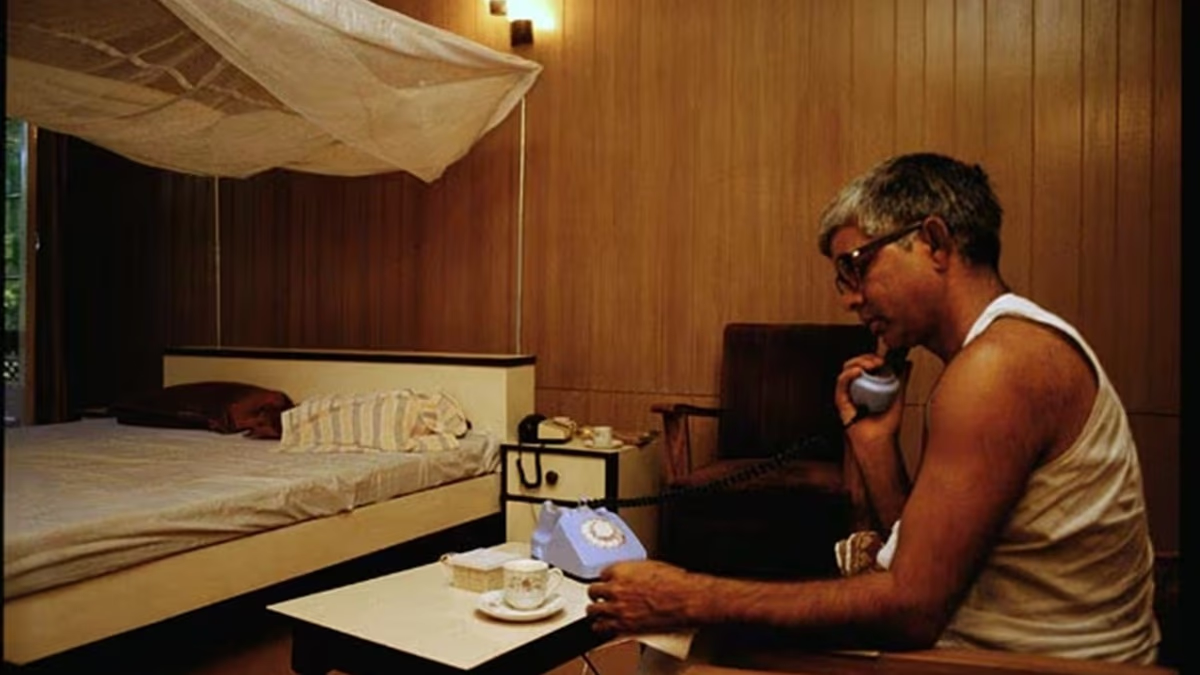In the world of socio-political discourse, certain words hold the immense power to make or break the careers and images of politicians. As Lalu Prasad Yadav rose to power under the banner of 'social justice,' the term 'Jungle Raj' took root, echoing through the decades within Bihar's political landscape. It significantly influenced and redefined the politics of former Chief Minister and RJD leader Lalu Yadav. So how did the word 'Jungle Raj,' which suggests a lack of governance, find its way into Bihar's politics? There’s an intriguing story behind its origins that reveals how words can forge perceptions and construct the image of an individual or a regime. 'Jungle Raj' was not birthed from a political manifesto nor was it initially a slogan against any particular political entity. It was actually a phrase coined by a Patna High Court judge during an oral observation. Importantly, this observation was not related to crime or a lack of law and order.
The Claim of Jungle Raj by Patna High Court
Let's journey back about 28 years to remember the Bihar of that era. In the chaos of the fodder scam, Lalu Yadav resigned on July 25, 1997, entrusting the state to his wife, Rabri Devi, before heading to prison. In the wake of the scandal, Bihar plunged into political turmoil, and its state machinery came to a standstill. Amid this crisis, the monsoon rains flooded Patna, plunging the city into chaos as stagnant water threatened homes. The situation was dismal, with the city epitomizing a veritable hellscape as described by the high court. A legal petition by social activist Krishna Sahay sought to address the squalor, leading to a case heard by Justices BP Singh and Dharmapal Sinha.

Source: aajtak
In this context, the Patna High Court remarked,
'There is no government in Bihar and 'Jungle Raj' prevails, with a handful of corrupt bureaucrats running the administration.'
This potent observation targeted urban development officials present at the trial.
The court decreed,
"The apathy shown by the state and its machinery can be called criminal indifference... Patna lacks anything resembling a drainage system. Likewise, its sewerage system is appalling."
The Dirtiest Capital Claim for Patna
The court was so perturbed by these conditions that it stated,
"These entities seem to do nothing besides provide employment, making Patna the undisputed claimant as India's dirtiest capital."
The blatant indifference to constitutional duties faced stern criticism from the court, which questioned the need for such institutions unable to benefit the state’s populace.

Source: aajtak
Evidently, the high court's 'Jungle Raj' observation was unrelated to any political case or crime hearing. This term emerged in 1997, yet Rabri Devi and Lalu remained in power following the 2000 state elections. During their prime, the RJD dismissed 'Jungle Raj' as an opposition fabrication.
'Yes, Jungle Raj Exists— And There’s One Lion'
In February 2000, at a rally in Nalanda, then-Chief Minister Rabri Devi told supporters,
"Yes, Jungle Raj exists and there is only one lion in the jungle whom everyone acknowledges."
Those familiar with politics knew exactly who she referred to as the lion.
Yet, Bihar at that time was synonymous with crime, kidnapping, extortion, and mafia dominance. Despite the promise of social justice in 1990, Lalu Yadav faced corruption, casteism, appeasement, and deteriorating law-and-order accusations.
Senior journalist
Manikant Thakur
, who covered Bihar for the BBC, explained,
"The opposition adopted the high court's 'Jungle Raj' term to critique the ruling era's failings whenever needed."
Thakur added,
"During Lalu-Rabri's rule, kidnapping incidents soared, gaining nationwide infamy for being fueled by government protection. The term 'Jungle Raj' became a staple whenever opposition addressed these abductions."
As the 2005 elections loomed, Nitish Kumar seized 'Jungle Raj,' crafting his electoral strategy and countering it with the promise of 'good governance.'
Sushil Modi Capitalized on the Jungle Raj Metaphor
Sushil Kumar Modi, the late BJP leader pivotal in exposing the fodder scam, championed this metaphor, continuously linking it to Lalu's regime. Nitish Kumar crafted a narrative against 'Jungle Raj,' pledging to replace it with good governance amid crumbling writ of 15-year RJD regime.
From Social Messiah to a Lawless Administrator
Lalu's image as a 'social messiah' gradually yielded to a label of 'anarchic administrator' as the 'Jungle Raj' narrative took hold. In the November 2005 elections, Nitish's victory validated this narrative, with the public choosing 'good governance.' The RJD found itself out of power.
Lalu's Brothers-In-Law's Dominance
Manikant Thakur recalled how Lalu's brothers-in-law, Sadhu and Subhash Yadav, gained notoriety, marring Lalu's rule through acts of extortion and intimidation. Widespread reports included the Champa Vishwas rape case, Shilpi Gautam murder in Patna, daylight robbery from showrooms, caste army wars, and high-profile kidnappings. These incidents solidified 'Jungle Raj' as a political metaphor in Bihar, outliving its initial judicial reference. As the legacy of 'Jungle Raj' lingers, even as Tejashwi Yadav now leads the RJD, it serves as an enduring weapon of political discourse.

Source: aajtak
The political climate in Bihar was riddled with incidents mentioned in various prominent cases discussed from Patna to Delhi, embedding the term into its cynical political lexicon. Though it first spoke to Lalu-Rabri governance, over time it has become a colloquial metaphor used anywhere lawlessness thrived, purportedly supported by power structures.
The Unyielding Legacy
The term, first cited by Patna High Court, continues to resonate. Even today, as 25-year-old Tejashwi leads, its shadow looms over Bihar politics, evoking past political roulette surrounding governance narratives.




